At first thought, visualizing joining the Peace Corps may flood your brain with ideas of wanderlust, treks across the world’s most exotic countries and big dreams to change the world. However, becoming a Peace Corps volunteer is not just a storybook adventure; it’s a full-time job that will challenge you every step of the way. It requires a lot of courage to uproot your life and take a leap of faith into the “toughest job you will ever love.” Leaving your home, friends and family for 27 months to live in a foreign country may sound crazy to other people, but if you can do it, your life will never be the same.
Here are some secrets to getting the most out of the Peace Corps experience.
1. Soak in All of the Advice You Can Get
It’s important to know what you are getting into. Nothing will prepare you better for your service than listening to advice from RPCVs (“Returned” Peace Corps Volunteers) and other current PCVs (Peace Corps Volunteers). They know better than anyone about the unique struggles that you will face, like how to successfully run a literacy program in a foreign country, how to manage your mental health far away from family and friends, or even how to live in a hut for the first time.
Reach out to the Peace Corps recruiters at your school for guidance, because they can easily connect you to RPCvs that have served in the country and sector that interests you the most. Reading blog posts, articles and watching YouTube videos made by RPCVs and PCVs will also give you a better sense of what you can expect during your service. Some YouTube channels worth checking out are Andrea René Abroad, an RPCV who shares advice on how to apply, plan and prepare for the Peace Corps, and Colt Bradley, a current PCV who vlogs his life experiences in Guinea. Do your own research and nothing will catch you off guard.
2. Look Into the Peace Corps Prep Program
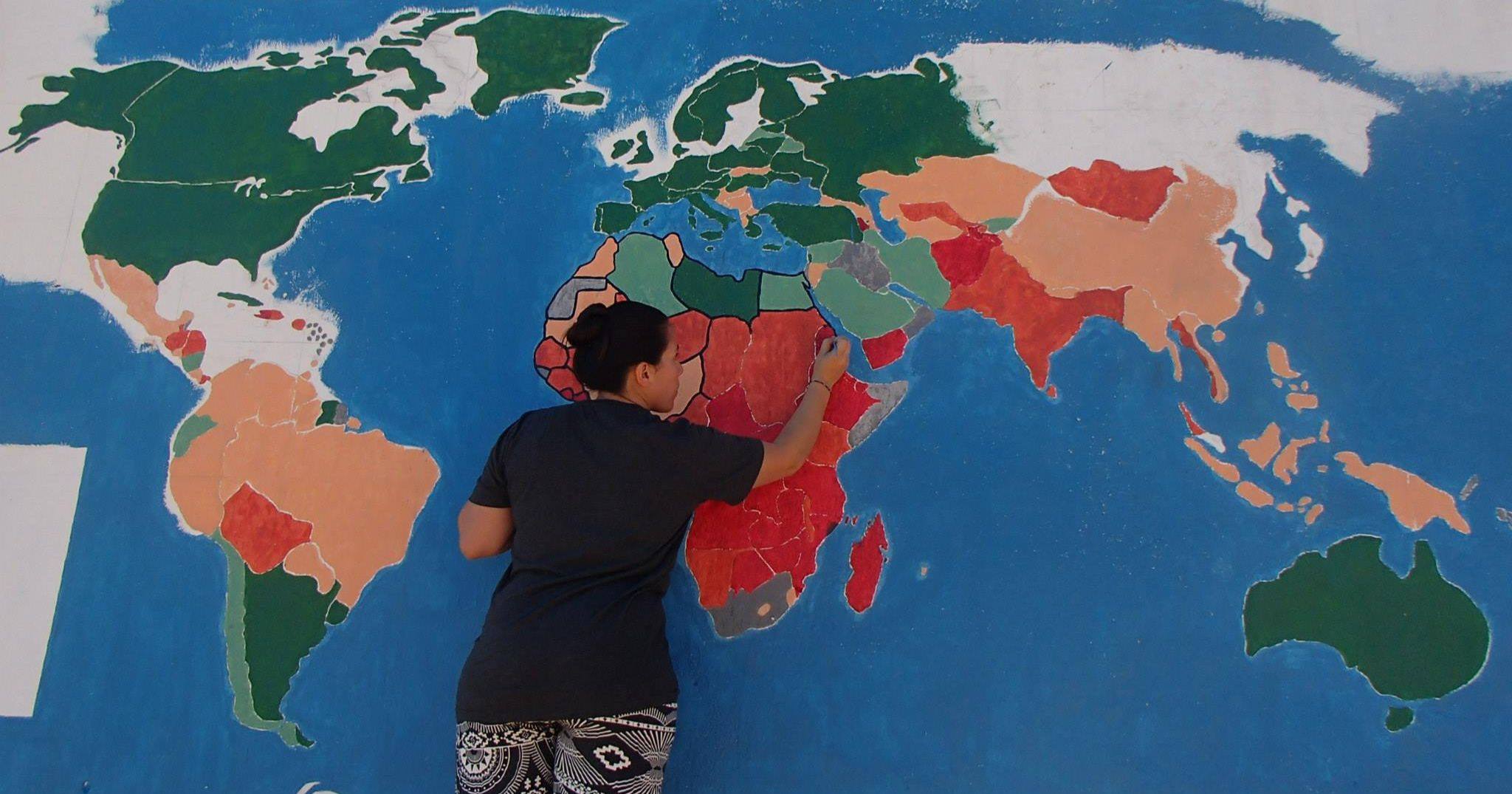
This brand-new program offers undergraduate college students a chance to stand out in their Peace Corps application and prepare for their volunteer experience with hands-on teaching. In order to complete this program, students take courses covering foreign language competency, professional leadership skills, intercultural immersion and sector-specific skills that you can cater to your own interests.
Afterward, you will receive a certificate of completion from the Peace Corps itself and an advantage over other Peace Corps applicants. “It’s not meant to be a guarantee that you’ll get into the Peace Corps, but it will definitely look really fantastic on the application,” Penn State Peace Corps Prep Coordinator Lesley Wieland Jackson said. “And then, on the other hand, the Peace Corps Prep Program’s purpose is to prepare any student who is interested in international development work, work in any sort of service industry and nonprofit, as well.” You get exposure to a multitude of opportunities through the program.
The Peace Corps Prep program prepares you to not only take on the Peace Corps but also your longtime life goals in the public-service industry. With other 132 Peace Corps Prep program partnering schools in the United States and counting, check to see if your college offers this valuable certificate program.
3. Spin Your Failures Into Successes in Your Interview

After you pass the initial application process, your interview will take place on Skype for Business with a placement officer. A list of topics will be sent to you beforehand that the placement officer will cover with you during the interview.
It’s very important to have stories and examples prepared in advance so you don’t find yourself fumbling for words in front of the person who will decide on the possibility of your Peace Corps career. “They’ll want you to give certain examples of times that you’ve worked in teams, times that you’ve worked with people from cultures different from your own, as well as talking about times that you’ve failed at something and how you’ve bounced back from that, just to kind of test your resiliency,” Western Pennsylvania & West Virginia Peace Corps Recruiter Ryan Stannard said. Famously known as the “toughest job you will ever love,” the Peace Corps is committed to finding individuals dedicated to spending 27 months as a volunteer in a distant country and completely blending into a foreign culture.
Prove that you are worth investing their time and faith into by displaying your strength and flexibility in the face of challenges. Armed with business professional clothing, a quiet spot in your home to conduct the interview, and an arsenal of compelling personal stories, you should have no problem landing your dream job.
4. Prepare to be Humbled
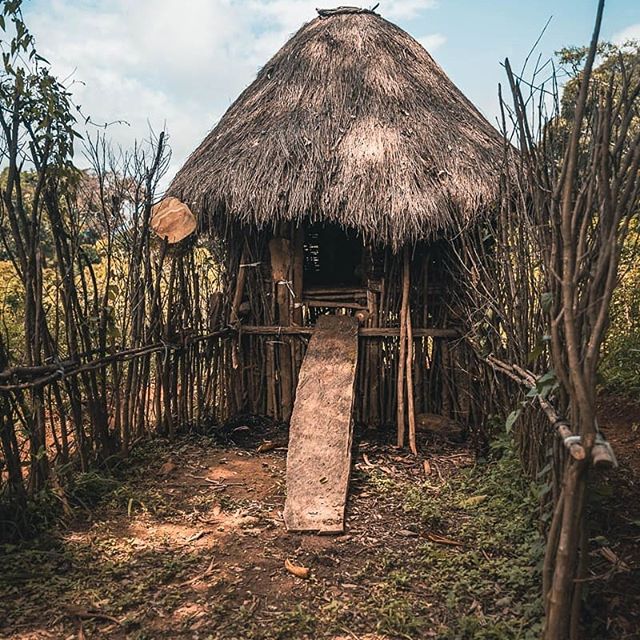
Embarking on your journey as a volunteer, you will be humbled like you never have before. Numerous PCVs have to get used to living in homes that don’t always have running water, electricity or even indoor bathrooms. You probably won’t even know how to speak the native language at first when you arrive in your new home and communicating will feel like playing a constant game of charades. “I remember my first night in the country with my host family, and they gave me a basin of warm water. That was to bathe with, but I had never experienced it. I wasn’t really sure, ‘Do I take this outside my room, go outside, how do I properly wash myself?’ So, it’s pretty funny that some of those basic things that are just common sense if you grew up with that are not common sense,” Penn State Peace Corps Recruiter Andrew Maguire said. “So, it’s good that the Peace Corps has addressed that as a need to be trained on. But if you’re not trained on it, you can’t be afraid to ask questions.” Not having the ability to speak at a basic level will ground you really fast, and it will make you appreciate the kindness of those helping you get by.
5. Keep an Open Mind
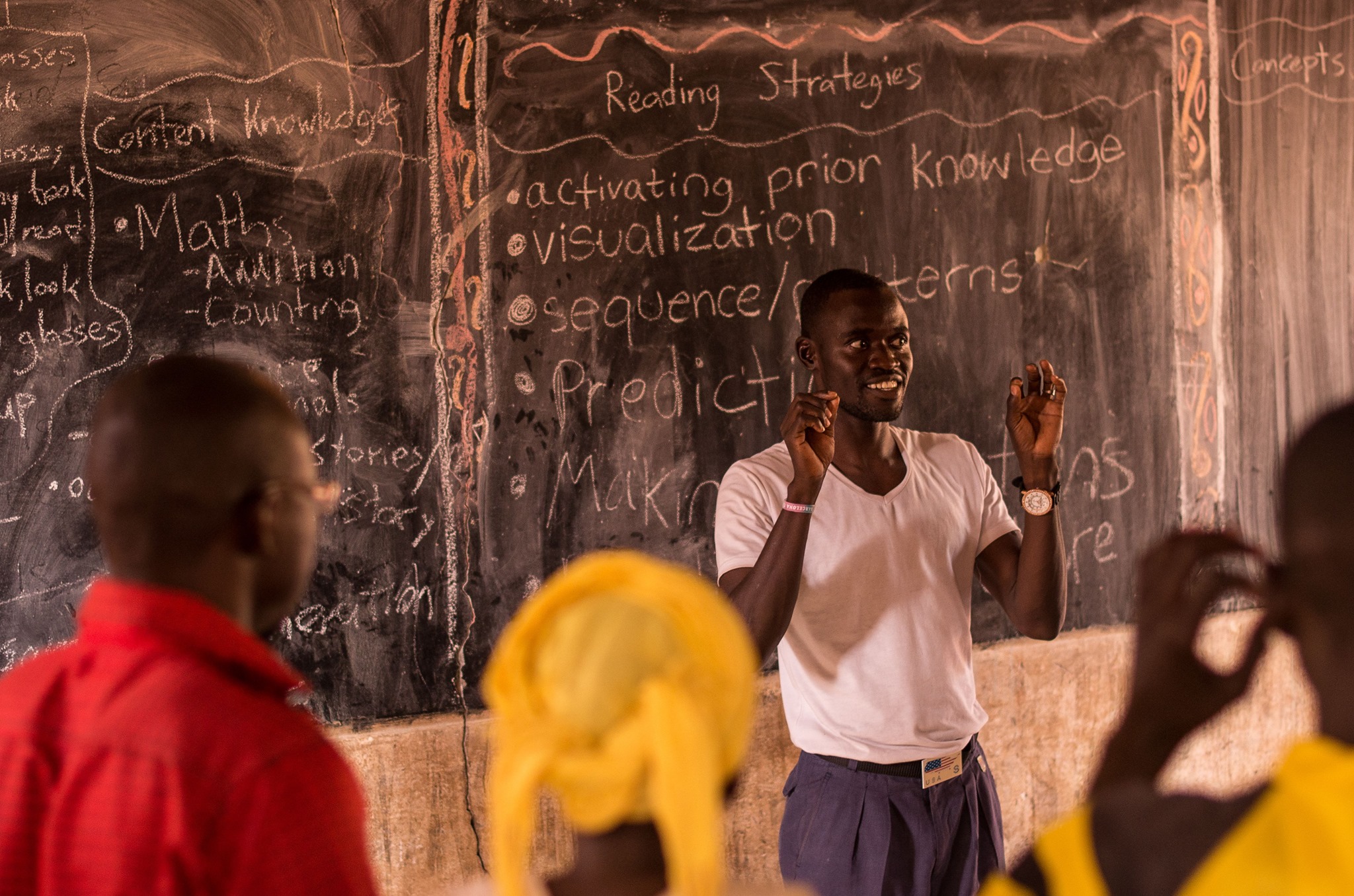
While diving into intensive research on your host country and the Peace Corps experience, you may feel like you already know everything you need to know about your service. However, even if you ask all the right questions and make all the right plans, you might arrive in your host country and realize that nothing is working out as you expected. “I think going in with the expectation that this is an opportunity to learn and grow is the best thing to do. Especially in your first year, you’ll be doing a lot of listening and learning from the host community,” Stannard said. Maintaining a blank slate mindset will help you adapt to the unexpected and unforeseen challenges that you have to learn to overcome during your time in the Peace Corps. Unique and unpredictable, no plan can adequately prepare you for your service, so your flexibility and versatility will become your most valuable assets. Don’t be afraid to step away from your plan, absorb the advice your community gives you, and figure out things as you go.
6. Build a Support System with Your Fellow PCVs

Not only will the basic customs and the languages in your host country confuse and confound you at first, but you might not even look like everyone else. On top of struggling to fit into your community, you may not be making the progress you expected on your service projects. The Peace Corps volunteers alongside you will become your new best friends and your most consistent reminders of home. “When I was getting frustrated in my village with the lack of activity that I felt stimulated by, I reached out to another volunteer and collaborated on some projects,” Maguire said. “So even though he was in a different work sector than I was, just working together and feeling like you had someone there that was kind of going through the same thing, but coming up with a creative secondary project that we could both work on together, really, really helped out in some of the tough periods.” These people may have different personalities from the friends you normally hang out within the States, but your service will bring you altogether by your unique circumstances. Living abroad can test you in ways you would have never imagined before and your fellow volunteers will transform into your lifeline on your hardest days.
7. Brace Yourself for Intense Highs and Lows

Sometimes all you will want to do is go home. You might feel alienated in your community or discouraged because you hit a roadblock while formulating your project. Some days are going to be harder than others. “During training, you’ll be given at the beginning an emotional roadmap of what you’re going to go through, generally speaking over the two years,” Stannard said. “It’ll kind of look like this weird, little, roller coaster thing. And you’ll initially think, huh, that’s interesting. And then by the time you’re done with the two years go, ‘Okay, that was more or less what would happen.” You might have some amazing experiences where you accomplish a longtime goal in your community.
Other times, you might feel stuck in a rut where absolutely no progress seems to be happening. Remind yourself that these are the moments that will shape you and determine what you make out of your experience. Come together with the other volunteers in your group to combat your frustrations and disappointments and focus on the days when you will feel higher than life itself. Remember to hold on to those memories when the going gets tough.
8. Become a Leader
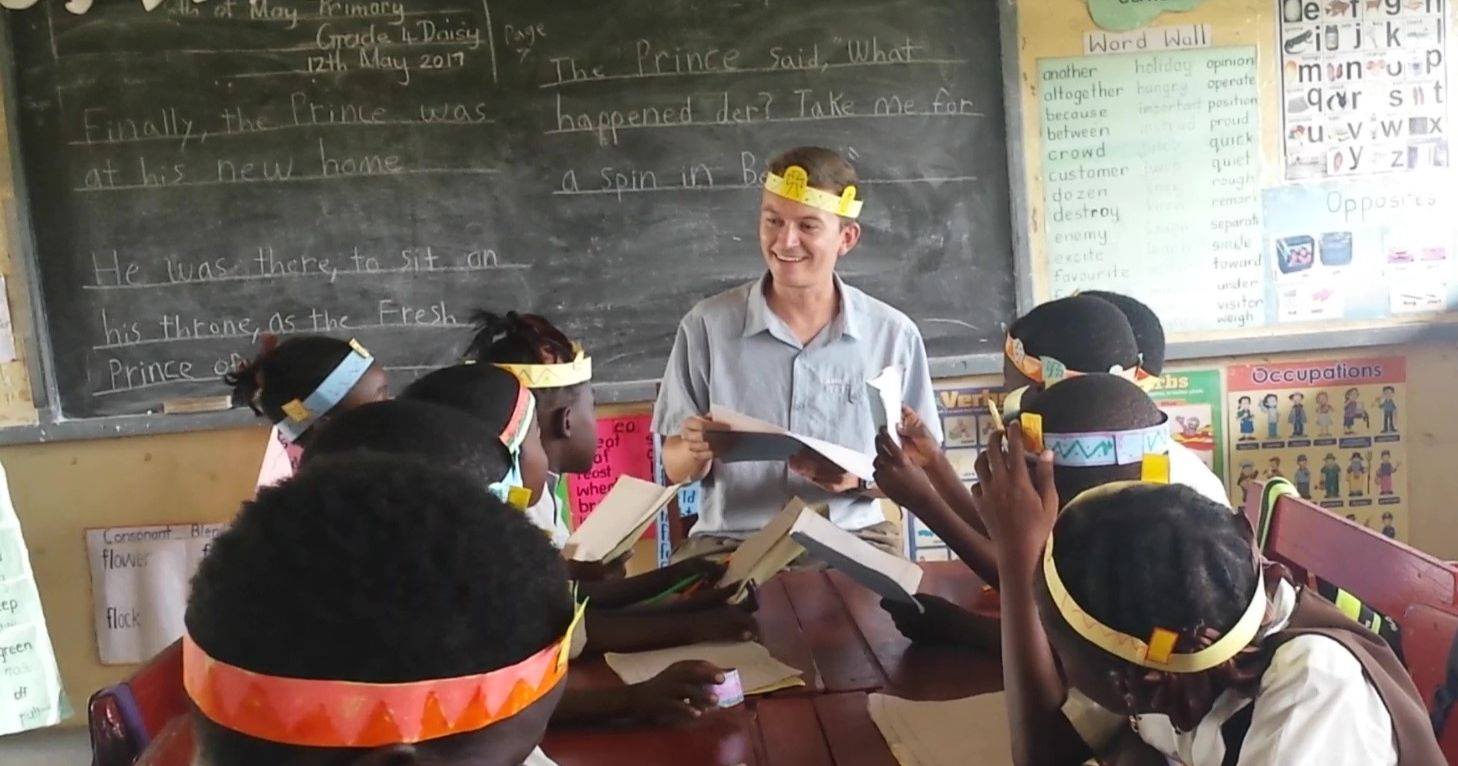
Every volunteer participates in a three-month training period when they first arrive in their host country, which prioritizes natural leadership skills and self-sufficiency. Your program manager will be available for support and assistance in the background, but you will mainly be accountable for your own work. Feeling comfortable assessing the needs of your community, planning projects, communicating with locals and evaluating your own progress will lead your own projects to success.
You end up being the teacher and the student. “There have been times during my service where I had to lead, not only classrooms full of kids, but also classes full of kids that I didn’t know from other schools if I was asked to attend an English camp or a life skills camp,” Stannard said. “So being able to just be confident, not only in a group full of people that you might not know, but also do it in a second language—is really important.” It’s your time to show your ambition and responsibility to make an impact during your service.
9. Remember that Small Impacts Have Large Consequences
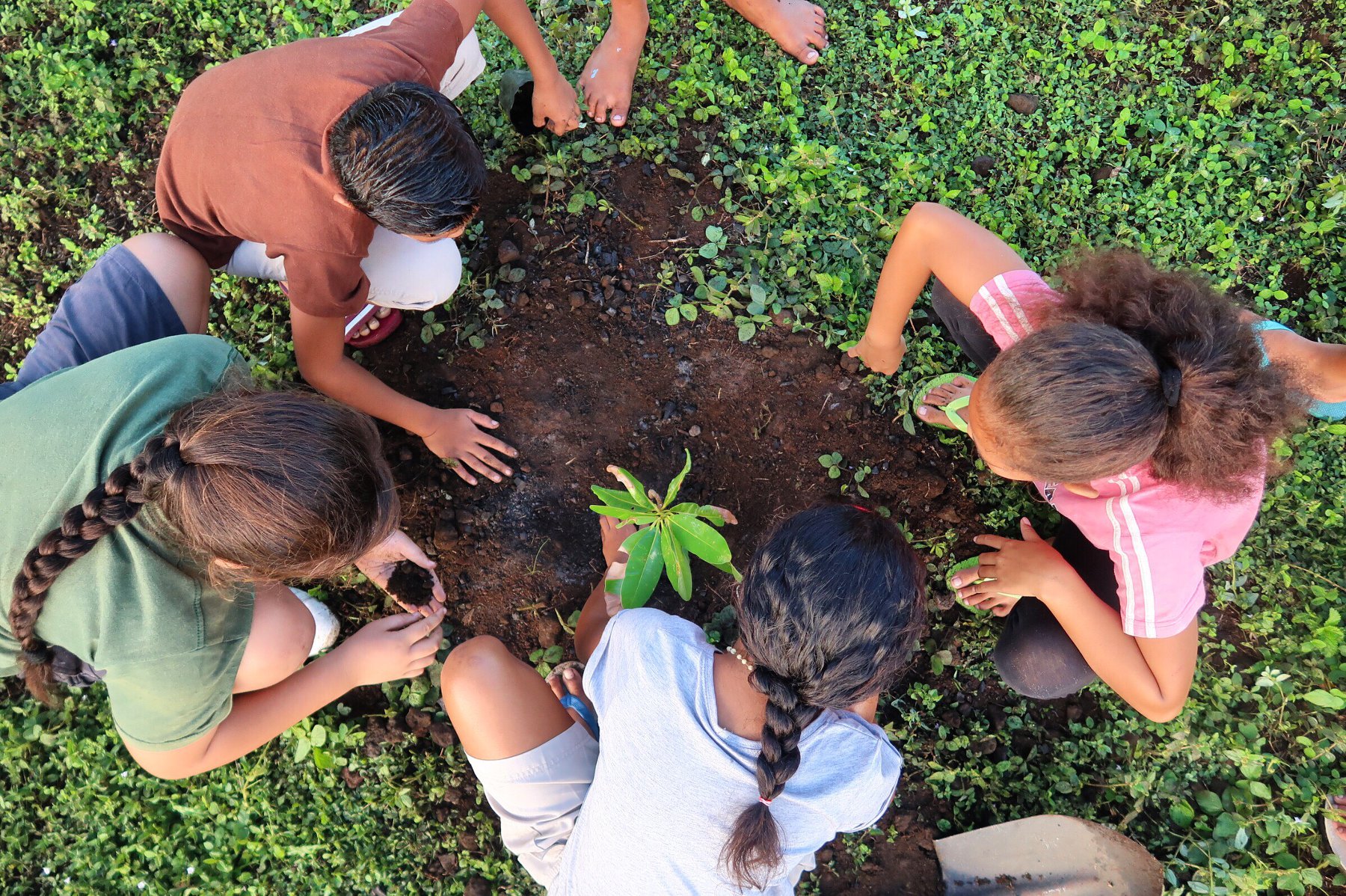
Most likely, your big plans to change the world won’t play out exactly as you planned them. However, that doesn’t mean you won’t make a difference. “ I think we all change the world, right? We’re all here on this earth. So one way or another, we’re all changing the world. And so let’s change our world in a positive way,” Maguire said. “I think if you’re dedicating 27 months of your life to be a Peace Corps volunteer, you’re changing the world in a positive way. It might be a small impact, but it’s a consequence.” You may encounter a student who looks forward to your English class every day, a woman who depends on you for access to her medicine through your health program or a child who loves playing with you every afternoon. Don’t be discouraged if you are not making the huge sweeping changes you expected to achieve in your community. The little things count, too. Maybe even more.
10. Recognize That The Peace Corps is Going to Change You
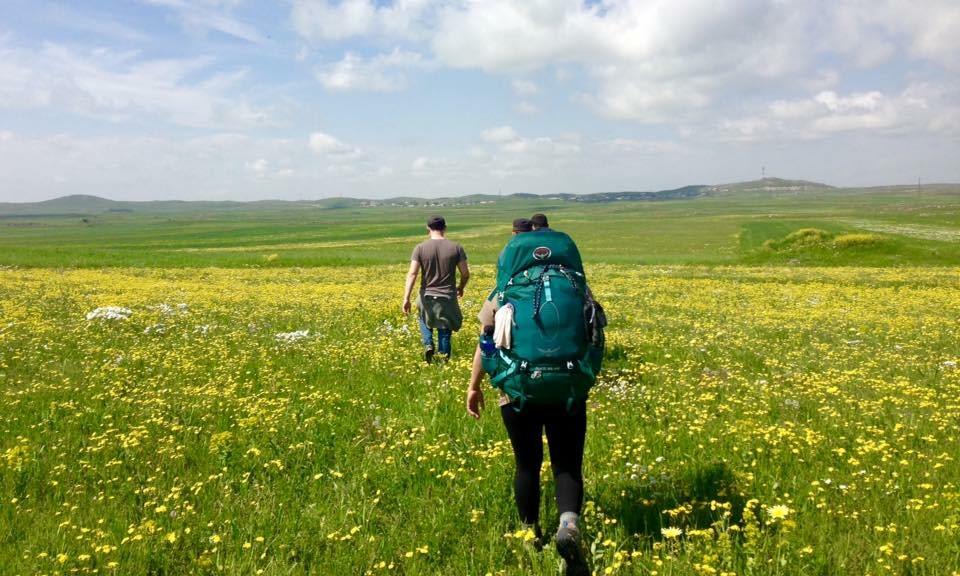
The time you spend in the Peace Corps will turn you into a more compassionate, resilient and confident person. Few experiences can even capture the intensity and raw emotion that comes with devoting years of your life to service, therefore you will come out a changed person. The journey will show you how strong you are in the face of adversity and unpredictable challenges. You will learn more about yourself during your 27 months of service than you probably will during any other time of your life.
The experience may just change your life. “It’s had a profound impact on my life personally and more professionally in my career. I’ve had several jobs since leaving the Peace Corps, and several opportunities for high-pressure jobs that might have been well paying, but weren’t really following my kind of personal mantra of life, which was defined during my Peace Corps time,” Maguire said. “So, it’s really helped me stay focused on what’s important in life, understand how the world works and how not everyone has all the privileges and benefits that a lot of us growing up in the United States have.” Instead of simply being shocked by your experiences in your host country, look for ways that you can help for the rest of your life.
Nothing can fully prepare you for your Peace Corps experience; accept what comes your way to make your service life-changing.



















